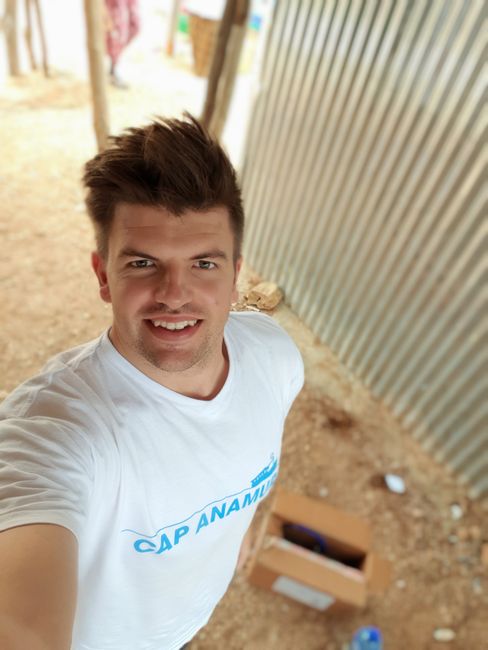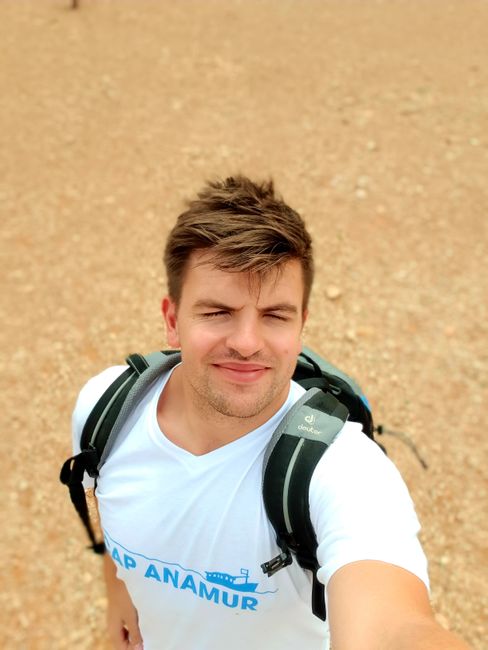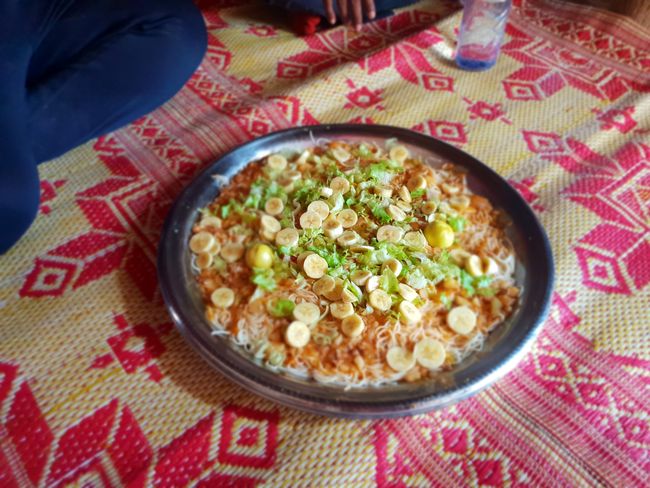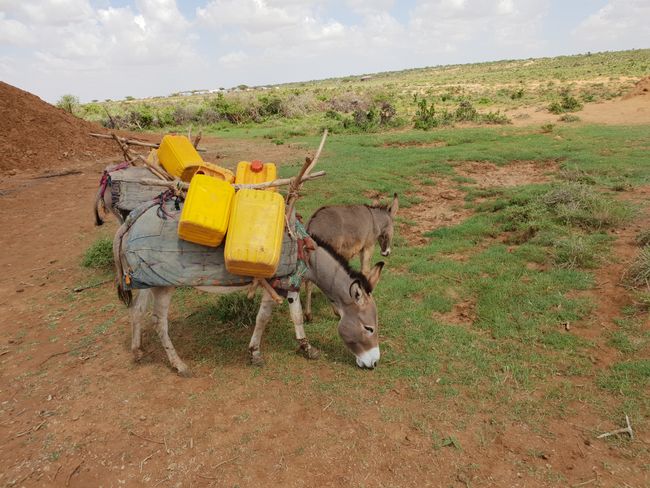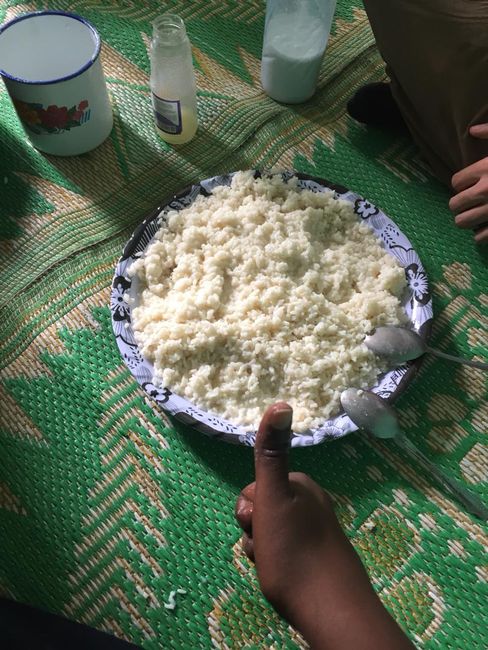Same Same but different
ئېلان قىلىندى: 19.10.2018
گېزىتلەرگە مۇشتەرى بولۇڭ
Other countries, other customs! The proverb that is often used to describe the peculiarities of other cultures, of course, also applies to the people in Somaliland.
The people and the society here are mainly characterized by two things: their faith and their clan affiliation.
With the beginning of dawn, the day begins for most people here. At quarter to 5, the muezzin begins to call for prayer. At first, it was a bit unusual to be woken up so early by the speakers of the mosques, but by now I have gotten used to it and hardly hear it anymore. The rest of the day's routine is also based on the prayer times. For example, the hospital is only open for emergencies after the noon prayer at 12 o'clock and only opens again after the afternoon prayer at 4 o'clock. Usually, the workday ends for me with the prayer at sunset at 6 o'clock. For our employees, the day often ends with the night prayer.
But besides the prayer times, Islam also influences society in other areas of daily life. In Somaliland, there is officially no alcohol to buy, women wear headscarves, and summer shorts are not popular in public. The headscarf is often used here as a fashionable accessory and contributes to a colorful variety of colors in everyday life. In my opinion, the political discourse about wearing headscarves in public should be approached in a more relaxed way and should not be guided by Islamophobia, but that is another topic.
Unfortunately, Somalia is one of those African countries where female genital mutilation is still practiced. Besides the traumatic effects on the psyche of young women and children, there are also life-threatening situations, as the procedures are sometimes performed with unsterile knives or blunt shards of glass. Female genital mutilation is often carried out under the guise of religion, but it actually stems from old traditions and has nothing to do with Islam.
Old traditions also account for the clan structures in which most people live here. In and around Caynaba itself, there are two larger clans that sometimes get along more or less and yet somehow belong together to a superordinate clan. In the hospital itself, relatives from both clans also work, and cooperation works surprisingly well.
Overall, however, the clan structures are difficult for outsiders to understand and it can happen that an apparently small dispute can lead to an armed conflict. That is also one of the reasons why we are permanently under police protection and always carry a backpack with our identity papers and 'escape money' with us.
For children and young people, living in established clan structures brings some conflicts. Through worldwide networking via the Internet, they are often trapped between the expectations and requirements that the clan places on them and their own dreams. Because it is the clan that determines how your life looks, who you are allowed to marry, and what you have to do. If you break with the clan, you also break with the family. Presumably, this was also one of the reasons that prompted a 22-year-old man to shoot himself in the chest a few weeks ago. The family brought him to our hospital, but we could not do anything for him.
But there are also peculiarities that I don't find so bad. When I'm on the Mobile Clinic, we sit together on the floor and eat from a large bowl; of course, traditionally with the right hand. Baasto iyo mos (Spaghetti with bananas) has become one of my favorite dishes and it is not so easy to eat spaghetti with your hands without half of it ending up on your pants or somewhere on your face. At first, I got some laughs, but I continue to work on improving my eating skills. The communal drinking of tea is also part of the daily ritual of the people here, and a cup of Somali tea tastes good and gives strength for the rest of the day.
Actually, there are still plenty of other peculiarities that I can report about, maybe more another time. On Monday, we will go back to Hargeisa, where we will meet with the Minister of Health to discuss the hospital and the installation of a Health Post in the region.
See you soon!
#Alexinsomaliland
گېزىتلەرگە مۇشتەرى بولۇڭ
جاۋاب (4)
Angie
Sehr interessant, wie immer! ❤🌻Sim
Hallo Alex. .Ich freue mich immer auf Freitag. ..deine Berichte sind sehr interessant und lassen uns einen Einblick geben in die Sitten und Gebräuche der Somalier...ich wünsche dir alles gute und pass gut auf dich auf🍀 lgMargreth
Hallo Alex , wie wir von dir erfahren wirst du noch zum Teetrinker und wir m,üssen uns wohl einen Vorrat an Tee zulegen, wenn du wieder nach hause kommstSonja
Hallo Alex, ich freue mich auch immer Freitags auf deinen Bericht. Schön dass du "Fuß gefasst" hast in Somalia. Bleibe stark im Glauben, dann wird er dich Gott immer beschützen, was immer auch kommen mag.
